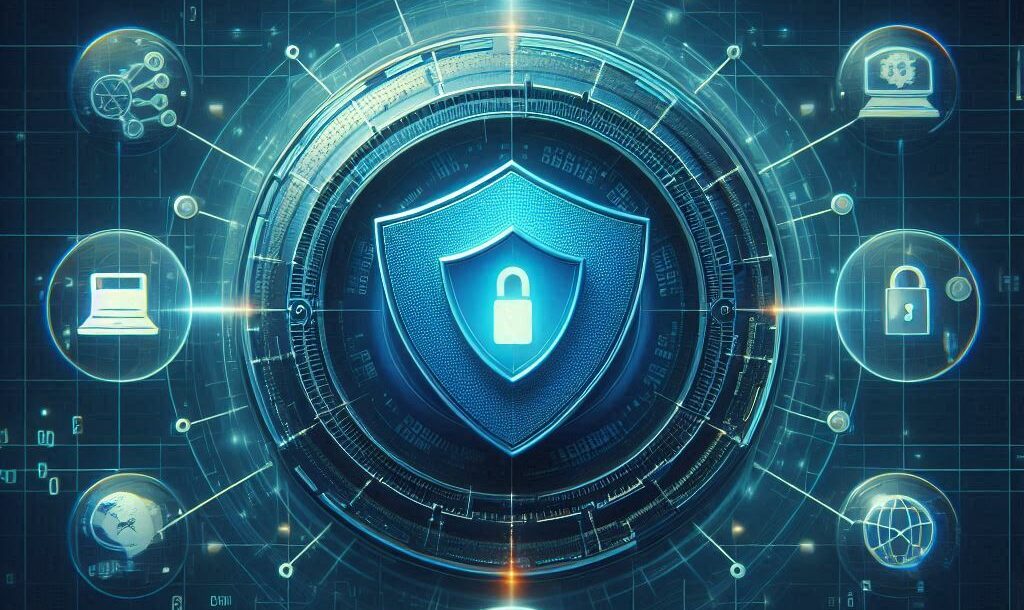Data Encryption in VPNs: Safeguarding Your Online Data
Data encryption is a critical component of VPN technology, ensuring that your online activities remain private and secure. Here’s a detailed look at how data encryption works and why it’s so important:
How Data Encryption Works
- Encryption Algorithms:
- When you connect to a VPN, your data is encrypted using complex algorithms. Common encryption standards include AES (Advanced Encryption Standard) with 128-bit or 256-bit keys, which provide a high level of security.
- Encryption Keys:
- The encryption process uses keys to encode and decode your data. These keys are created when you initiate a VPN connection. The encryption key scrambles your data into an unreadable format, while the decryption key, held by the VPN server, decodes it back into its original form.
- Secure Tunnels:
- The encrypted data travels through a secure tunnel established between your device and the VPN server. This tunnel ensures that your data remains protected as it moves across the internet.
- Data Packets:
- Your data is broken down into packets before being encrypted. Each packet contains pieces of your data and routing information. Encryption ensures that even if a packet is intercepted, its contents are indecipherable without the proper decryption key.
Importance of Data Encryption
- Privacy Protection:
- Encryption ensures that your online activities, such as browsing, emailing, and online banking, remain private. Without encryption, your data could be intercepted by hackers, ISPs, or government agencies, potentially leading to identity theft or surveillance.
- Security on Public Networks:
- Public Wi-Fi networks are common targets for cybercriminals. Encryption protects your data from being intercepted and misused when you’re connected to public Wi-Fi, such as in cafes, airports, or hotels.
- Compliance with Regulations:
- Many industries are subject to data protection regulations, such as GDPR (General Data Protection Regulation) in Europe. Using a VPN with strong encryption helps ensure compliance with these regulations by protecting sensitive information.
- Preventing Data Breaches:
- Data breaches can have severe consequences, including financial loss and reputational damage. Encryption adds a robust layer of security, making it much harder for attackers to access your sensitive data.
Real-World Applications
- Online Banking and Shopping:
- When you access online banking or shopping sites, encryption ensures that your financial information, such as credit card numbers and bank account details, remains secure.
- Remote Work:
- With the rise of remote work, employees often need to access company resources from various locations. VPN encryption secures this data transmission, protecting company information from potential breaches.
- Medical Records:
- Healthcare providers use encrypted VPN connections to protect patients’ medical records, ensuring that sensitive health information is kept confidential.
- Confidential Communications:
- Journalists, activists, and professionals in sensitive fields use encrypted VPNs to ensure that their communications and data remain private and secure from surveillance.
Data encryption is a cornerstone of VPN technology, playing a crucial role in protecting your online data from unauthorized access. By encrypting all the data sent and received by your device, VPNs ensure that your online activities remain private and secure, safeguarding your personal information, financial transactions, and communications. As we navigate an increasingly digital world, the importance of robust encryption cannot be overstated. Whether you’re browsing the internet, working remotely, or accessing sensitive information, using a VPN with strong encryption is essential for maintaining your privacy and security.

